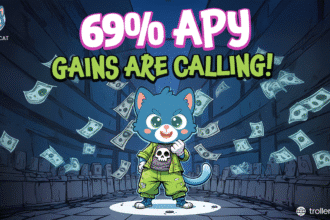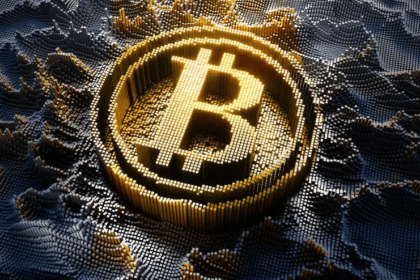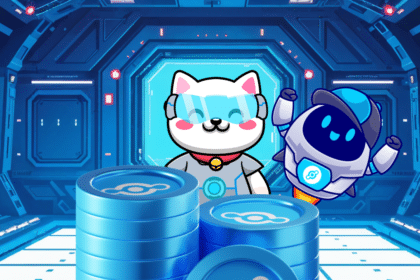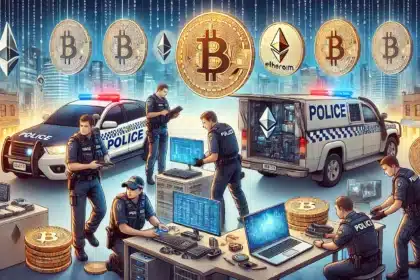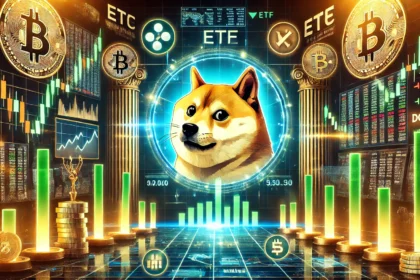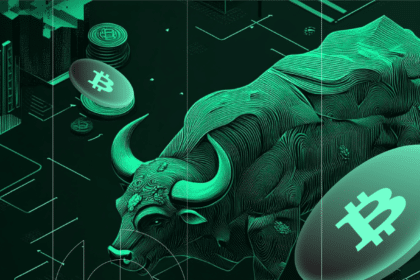Portal, a new blockchain gaming platform, has recently launched its PortalPay service. The service strives to make blockchain gaming more accessible by offering users an interoperability solution to conveniently purchase and sell in-game assets using a wide range of supported digital assets.
When using a blockchain game, users usually need to connect a MetaMask wallet or another service to access the on-chain features. This allows them to interact with decentralized applications and buy the necessary assets or non-fungible tokens (NFTs) for playing the game. Several gaming tokens are also exclusive to specific blockchains and have not yet transitioned to other chains. During an interview with reporters, Ezra Strauss, the head of partnerships at Portal, emphasized the problem of ecosystem fragmentation in the blockchain gaming sector.
“I think the big problems that we’ve seen are that there are all these different chains, different wallets, and sort of like separate ecosystems that have sprung up. Users, tokens, and assets are stuck in all these different pockets of the Web3 ecosystem. It makes new user adoption very difficult.” Currently, Web3 gamers have the option to address these challenges by converting their digital assets into the necessary currency for a specific game. Nevertheless, the expenses associated with connecting and transforming networks can be quite high.
Possibilities for developers and consumers
In addition to boosting user adoption, PortalPay relieves developers of the responsibility of implementing on-chain solutions. This allows them to concentrate on creating high-quality blockchain games, with a strong emphasis on gameplay, rather than on-chain commerce. In addition, Portal aims to enhance user retention by simplifying the technical aspects of Web3 onboarding and offering a user-friendly interface.
Despite the sector’s growth, blockchain gaming has yet to achieve widespread adoption. According to a recent survey conducted by OnePoll, a significant portion of the 2,000 adults surveyed had little to no knowledge about the Web3 gaming sector. Specifically, 52% of the respondents were found to be completely unaware of this emerging industry. Another 32% mentioned they were familiar with blockchain games but had yet to try them out.
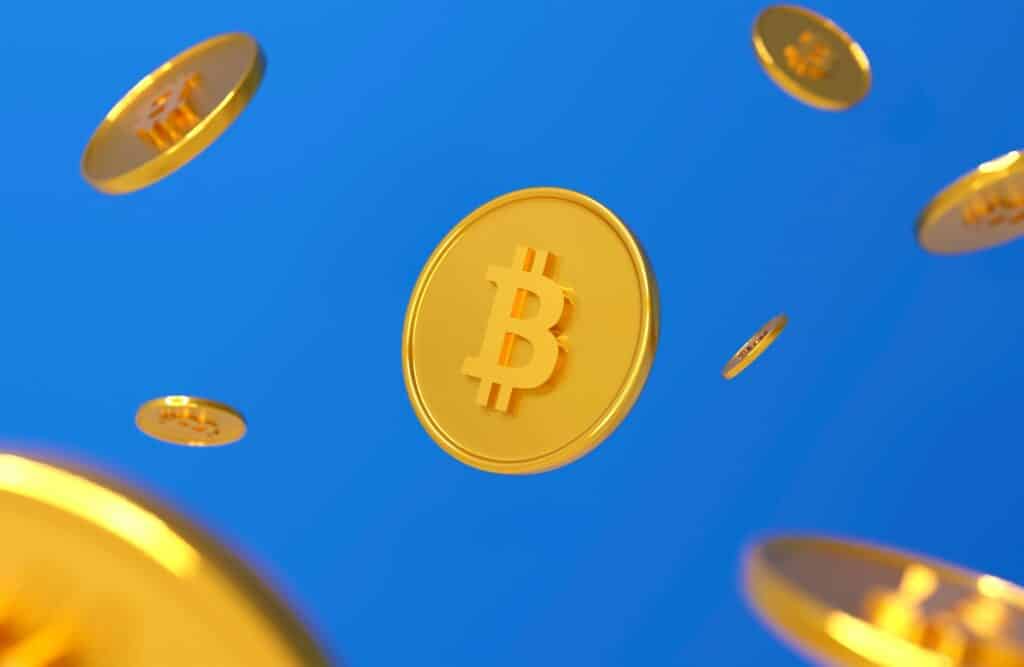
Regulatory challenges are also a concern, as financial regulators examine the financial aspect of gaming tokens closely. In September 2023, the developers of Shrapnel announced that players in the United States would be unable to cash out of the game. Concerns over potential regulatory repercussions from the Securities and Exchange Commission drove this decision.
Officials in Uzbekistan had a comparable attitude towards the popular Hamster Kombat game on The Open Network. They clarified that the country has no plans to prohibit the game, but cautioned users about withdrawing and trading the in-game currency.
PortalPay For Blockchain Gaming: What can It Bring To The Table
In conclusion, Portal’s launch of PortalPay represents a significant step forward in addressing the accessibility and interoperability challenges faced by blockchain gaming. By offering users a streamlined solution to purchase and sell in-game assets using various digital assets, Portal aims to simplify the onboarding process for new users and reduce the burden on developers to implement complex on-chain solutions.
Despite the gains that have been made, the industry continues to struggle with extensive adoption challenges, including user unfamiliarity and regulatory uncertainty. As the blockchain gaming industry continues to develop, initiatives such as PortalPay will play a significant part in bridging the dispersion of the ecosystem and improving user engagement. Meanwhile, regulatory scrutiny will continue to be essential in determining the future growth and acceptability of blockchain gaming.

